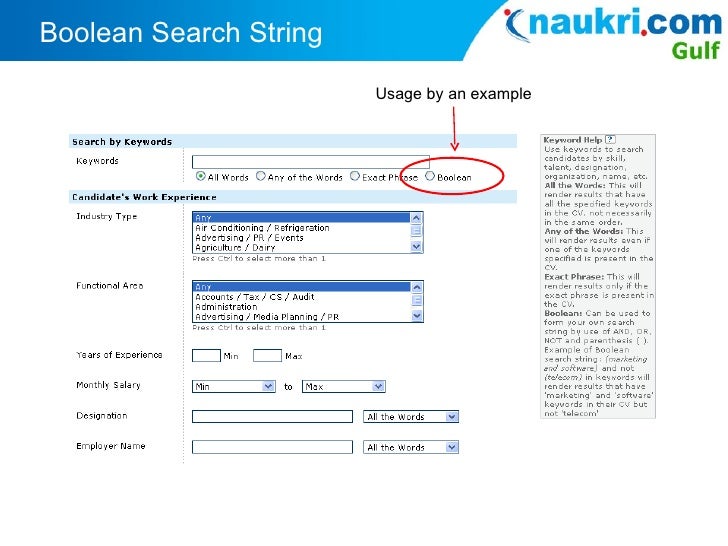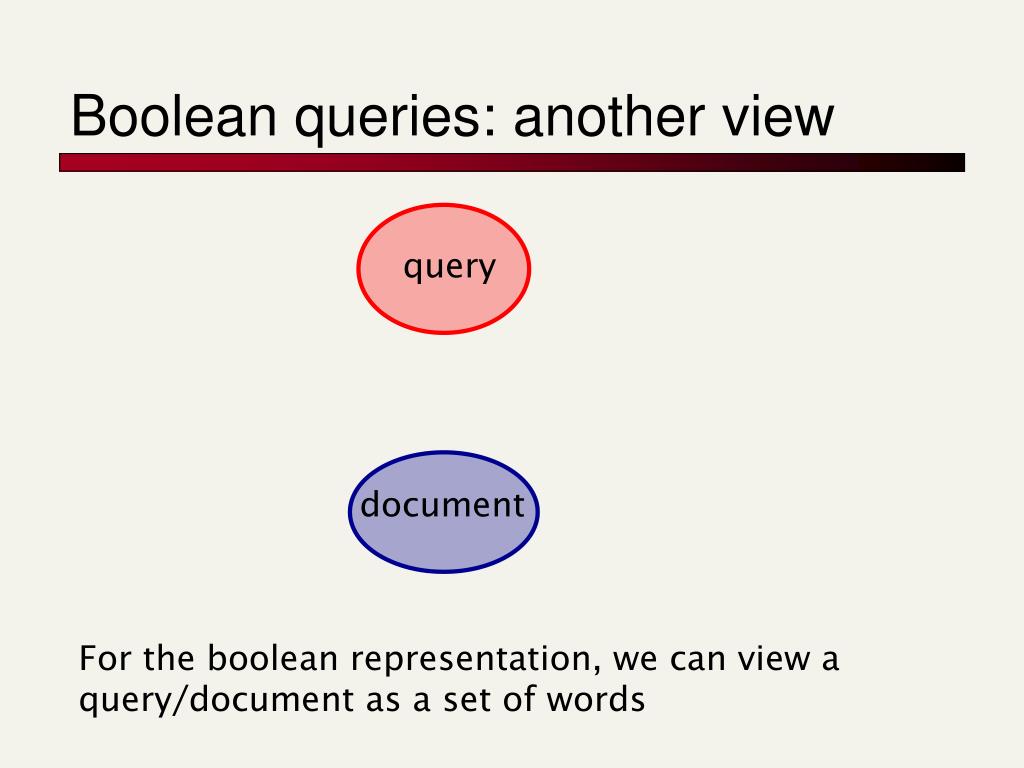


Quotations are useful because they group words together in a search allowing recruiters to create multi-word phrases. Quotes are used in Boolean search logic to include specific keywords exactly as they appear between the quotation marks. This query prioritizes the search for candidate profiles containing the keywords HubSpot OR Marketo OR Salesforce, and then surfaces profiles that currently have the job title of “Marketing Specialist” OR “Marketing Associate.” 4. Here’s an example of a query using parentheses:Ĭurrent_job_title:“Marketing Specialist” OR “Marketing Associate” AND (HubSpot OR Marketo OR Salesforce) “Just like a mathematical operation, parenthesis makes the search interpret or evaluate that statement first,” Walters says. Parentheses are used to prioritize certain keywords within a query. This query would result in a list of candidates that are currently either working as an “Email Marketer” OR “Email Coordinator.” 3. It provides you with search results that contain all the keywords in your search as well as results that only contain one of them,” says Sean Walter, senior product manager at ZoomInfo.Ī Boolean query using OR might be as follows:Ĭurrent_job_title:“Email Marketer” OR “Email Coordinator” “You can think of OR as a widening expression. Using OR as a Boolean operator provides a wider range of results, with each result any or all of the keywords in your search. This query would result in a focused list of people who currently have the job title of “Data Science” and were also previously a “Machine Learning Engineer.” 2. “Using AND in your search query helps you narrow down your results to only those who have the skills you’re seeking,” Kelley says.Īn example of a query using AND might be as follows:Ĭurrent_job_title:”Data Science” AND past_job_title:“Machine Learning Engineer” When AND is used as a Boolean operator, it works to join the search results for specific keywords together and only provides results that include all the keywords. Let’s dive deeper into four types of Boolean search operators: 1. This reduces the time needed to evaluate whether a specific search has yielded reliable results. For example, in a candidate database, a candidate’s current job title, location, and skills would all be field identifiers.īoolean search operators help deliver more defined search results by excluding inexact matches - results that are close, but not quite right. In a Boolean search, field identifiers are used next to operators in order to define a search category. Simply put, Boolean operators are conjunctions that either merge or divide search results based on specific keywords. It’s a way to get very specific in your search criteria very quickly while using multiple parameters within your search,” says Kayt Kelley, senior talent acquisition manager at ZoomInfo. “I don’t think any recruiter can get through their day-to-day without using Boolean somewhere. Get a Demo What is Boolean Search for Recruiters?īoolean search for recruiters enables talent acquisition managers to quickly find best-fit candidates based on their information. A venn diagram depicting how Boolean operators workįor example, if you were apartment hunting in the West Village and Lower East Side in New York, you might search for “New York” AND (“West Village” OR “Lower East Side”) AND “one-bedroom apartment.” Boolean searches for recruiters use AND, OR, quotation marks, and parentheses to set those parameters. What is Boolean Search?īoolean search is a way to make digital searches more precise by combining multiple search parameters into one query. To get things started, let’s first look at some Boolean basics. Recruiters often use Boolean queries to make their searches for ideal job candidates more specific. These relationships are called Boolean operators, which connect sections of a Boolean search together to either broaden or narrow the results. Essentially, Boolean logic makes a search more effective by establishing relationships between different variables. Over the years, Boolean algebra has become the fundamental query methodology on which search engines are based. In the 1930s, the method was applied to the study of switching circuits, and modern computing was born. In fact, it’s over 150 years old: British mathematician George Boole developed Boolean algebra in 1847.


 0 kommentar(er)
0 kommentar(er)
